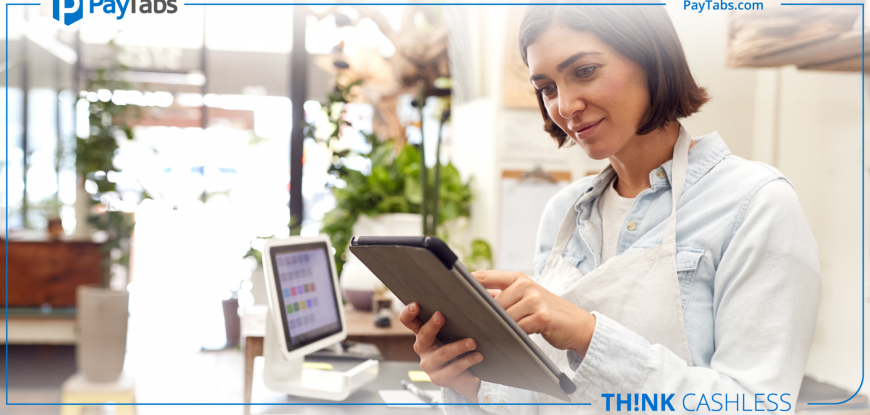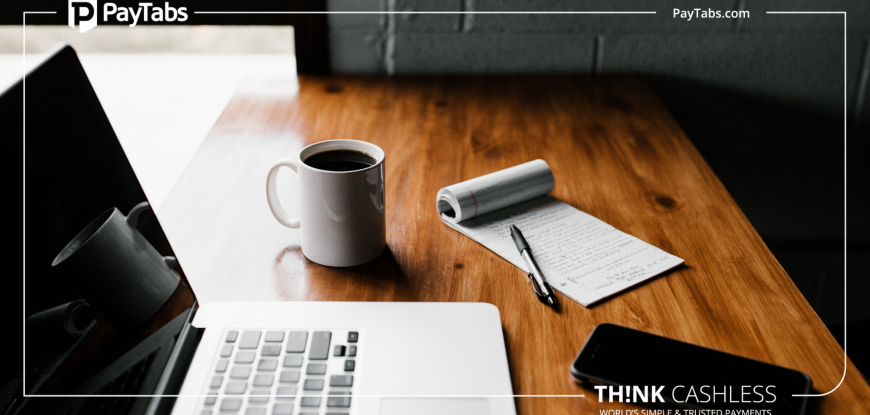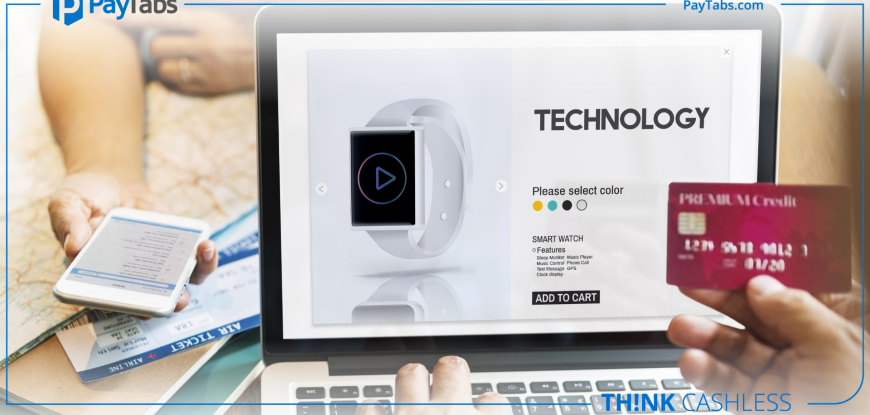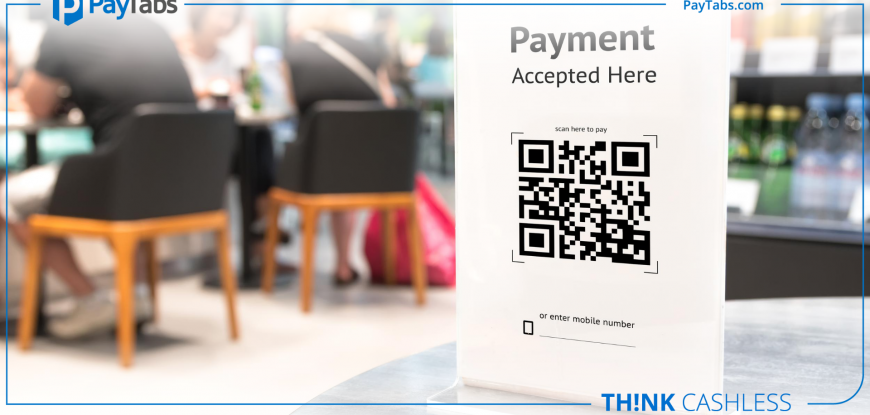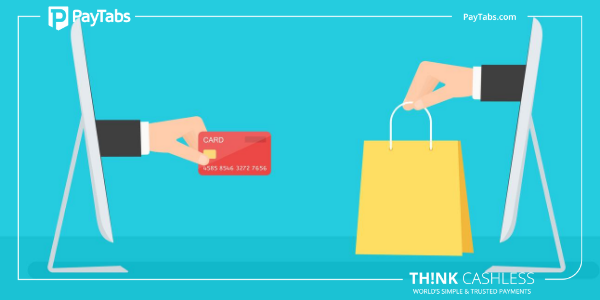Key payment data points that your business should value
It is important to take available information into account while taking any business-related decision. The use of correct and relevant data makes the decision more robust and efficient. However, many businesses have yet to understand the importance of payment related data. While payments are deemed to be a process, it is vital to understand that the information generated by them is immensely helpful in taking various business decisions and carrying out payment processes.
Here are some of the key payment data points which are highly useful for an online organization.
-
Conversion Rates:
The main idea behind using key payment data point is to improve the customer experience. If the customers are finding the payment setup difficult to understand, then you should take a hard look at the payment processes. Chances are your procedures are too long or tedious for the visitors. Your payment data analytics may also show a large number of people leaving your payment sign up page midway, prompting you to re-evaluate your sign-up
-
Rate of Authorization:
This tells you the success rate of the attempted transactions. As in how many transactions were completed. The lower rate of authorization implies that the payment process met certain roadblocks on the way. There could be many reasons behind that. For example, the authorization might not come through if the client does not have adequate funds in their accounts or their card may have reached its limit. Other reasons include expiry or misuse of the card. This metric can automate the process, making it more efficient.
-
Ratio of Chargebacks:
Chargeback rate is one of the most important metrics for a business. Higher chargebacks may indicate a wide range of issues, making it imperative for businesses to pay proper attention to this payment data point. You should look at the occurrence of a chargeback to determine the root cause. Prompt information about a chargeback may allow you to look into its reasons quickly. Additionally, you should find out why it happened. Once you have identified the reason you may work on rectifying it.
-
Reconciliation of Payments:
Another important exercise needed to be carried out by businesses is to look at the reconciliation of the payments. In simple terms, it refers to the time taken for the eventual cashing of a transaction, that is the time taken by the money to actually hit your bank account. Proper knowledge about this metric can help you in designing an automated process, leading to better liquidity. The reconciliation process can also be automatized for more robust payment data analytics. With the help of this metric, you can identify clients who are prone to late payments, letting your design better collection policy.
-
Customer Satisfaction:
It is another important consideration. You should know the preferred methods of payment for your clients. This data can be easily collated from the software you use for processing payments. If you use multiple sources of payments, then you can analyze the data to understand the pattern. You can also segregate the data based on various metrics such as markets and products. This insight can help you to tweak your processes accordingly. With such changes, you can retain your customers, and at the same time, attract new ones.
Conclusion
With these key data points, you can improve every aspect of your payment strategy of our online business.
Also Read: Key Points to Know Before Integrating a Payment Gateway into Your Website
